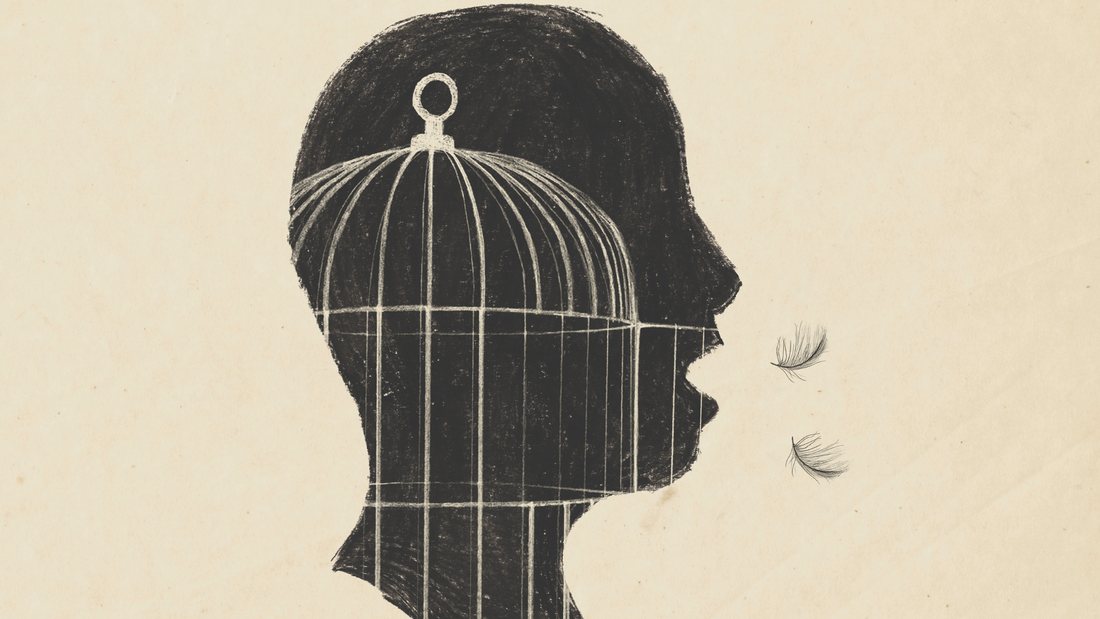|
Mashaud v. Boone, Court Opinion Cites Eugene Volokh, Protect The 1st In October, famed legal scholar and law professor Eugene Volokh demonstrated to an en banc hearing of the highest court in the District of Columbia that a Washington, D.C., anti-stalking statute that outlaws communications that inflict “significant mental suffering or distress” is overbroad, and thus violates the First Amendment.
Today, the D.C. Court of Appeals issued an opinion in Mashaud v. Boone in agreement with Volokh, who represented Protect The 1st as an amicus in this case. The court also agreed with Volokh’s contention that the court should narrow the law to speech that fits within First Amendment exceptions long recognized by courts – threats, obscenity, defamation, fraud, incitement, and speech integral to criminal conduct. The law in this case, D.C.’s anti-stalking statute, “prohibits any speech that one should know would cause another to feel ‘seriously alarmed, disturbed, or frightened” or suffer “emotional distress.” The court vacated a lower court ruling that held an aggrieved husband liable for emails and social media posts that embarrassed a man who had conducted an extramarital affair with his wife. The court based its reasoning in part on demonstrations by Volokh, Protect The 1st, and other amici who “argue the statute is constitutionally overbroad and would need to be struck down if it is not susceptible to a narrowing construction.” The court found that emotionally distressing speech as a category could subsume much speech that is necessary: “Doctors deliver life-shattering prognoses that surely send reasonable people to suffer emotional tailspins of distress. Spouses knowingly inflict emotional distress by revealing longstanding paramours and demanding divorce. Police officers deliver news of loved ones having been killed. Judges pronounce death sentences. Employers tell staff that they are fired. They all know, or should know, the extraordinary distress their messages bring, and so fall within the statute’s prohibitions. Distressing speech is an important and often valuable part of life.” The court turned to political communication at the highest rung of First Amendment-protected speech. Activists, from advocates of animal rights to the pro-life position on abortion, often hurl insulting words or graphic images. “Both speak on issues of public concern and are therefore entitled to the strongest First Amendment protections” despite the emotional distress such statements and images may inflict. Thus, the court reasoned, “a statute that prohibits speech indiscriminately based solely on its propensity for causing such distress is a constitutional nonstarter.” Perhaps the court’s take on speech can be reduced to a quote from a 1973 U.S. Supreme Court decision, “the First Amendment needs breathing space.” As Volokh has pointed out, the court did not strike down the D.C. law, but narrowed it to those discrete categories of speech that fall outside the scope of the First Amendment’s protection. “We are overjoyed at this opinion from the Court of Appeals,” said Gene Schaerr, general counsel of PT1st. “We are proud to have been ably represented by Eugene Volokh and to have help vindicate the First Amendment’s protection against any laws that encroach on the freedom of speech.” Comments are closed.
|
Archives
June 2024
Categories
All
|
ABOUT |
ISSUES |
TAKE ACTION |



 RSS Feed
RSS Feed